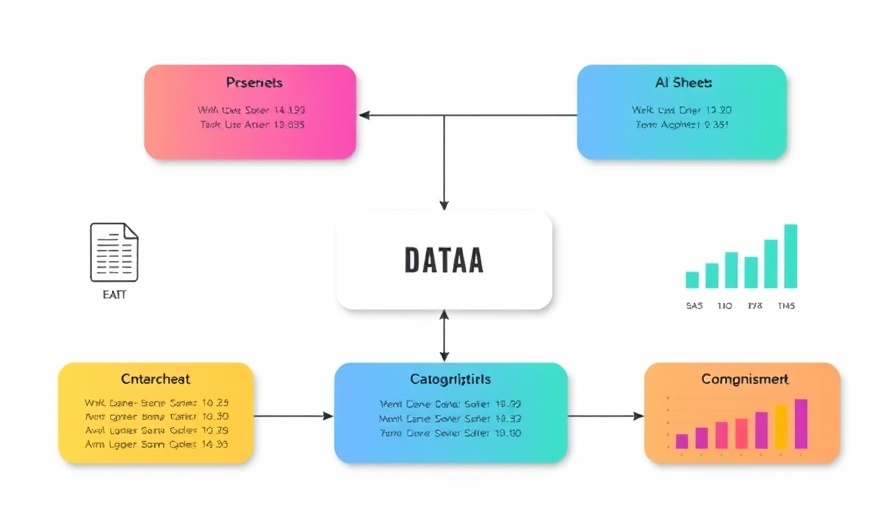
What Are Single-Turn Adversarial Attacks?
In the evolving landscape of artificial intelligence (AI), businesses are leveraging sophisticated tools like OpenAI models to enhance customer engagement and service quality. However, with these advancements come risks, particularly in the form of adversarial attacks. Single-turn adversarial attacks are designed to quickly manipulate AI responses through a single input, exposing vulnerabilities that can lead to harmful outputs or data breaches. For small and medium-sized businesses, understanding these threats is crucial for maintaining data integrity and protecting brand reputation.
Utilizing Deepteam for Effective Testing
Deepteam is an emerging framework designed to test the defenses of AI models against various attack strategies. It offers more than ten methods, including prompt injection and jailbreaking, simulating real-world threats effectively. These methods provide a practical approach for assessing how well your AI solutions stand against potential vulnerabilities.
The Importance of Proactive AI Defense
As AI technologies advance, they become increasingly integrated into business processes. However, the increase in adoption comes with a potential rise in exploitation through adversarial attacks. For businesses, particularly smaller ones without extensive IT resources, implementing proactive measures against these attacks is essential. This includes utilizing tools like Deepteam to assess and strengthen defenses, ensuring that customer data remains confidential and secure.
Getting Started with Deepteam
To begin testing your OpenAI model against single-turn adversarial attacks, you'll first need to install several dependencies. By using a simple command line, you can ensure you have all the necessary libraries:
pip install deepteam openai pandasWith setup complete, configuring your OpenAI API key is a vital step in this process. It is essential for the Deepteam framework to generate adversarial attacks and evaluate the model's outputs effectively.
Coding for Defense: A Step-by-Step Guide
After installing the necessary libraries, you will need to write code to define an async callback function. This function will allow you to query your OpenAI model:
client = OpenAI() async def model_callback(input: str) -> str: response = client.chat.completions.create( model="gpt-4o-mini", messages=[{"role": "user", "content": input}], ) return response.choices[0].message.contentThis function ensures that you can efficiently communicate with your OpenAI API model, retrieving outputs that reflect the current vulnerabilities.
Evaluating Your Model: Understanding Outputs
Once your model is set up, running various adversarial attacks will allow you to see how well it performs under pressure. Start with simpler attack methods before progressing to complex strategies. This tiered approach not only increases understanding but also builds confidence in the system's robustness.
What’s Next? Taking Action After Testing
After evaluating your model against these attacks, it’s crucial to analyze the results. Understanding where your defenses are weakest will guide you in modifying the AI’s programming. For businesses, this means creating a safer environment for data and enhancing customer trust.
Conclusion: Embrace AI Responsibly
As AI technology continues to transform industries, businesses must take on the responsibility of ensuring their models are secure against adversarial attacks. By utilizing frameworks like Deepteam, small and medium-sized enterprises can proactively test and strengthen their defenses, ultimately protecting their data and preserving their reputations. Investing in good cybersecurity practices not only safeguards businesses but also builds consumer confidence in an increasingly digital marketplace. Start testing today and fortify your AI models against the evolving threat landscape!
 Add Row
Add Row  Add
Add 



Write A Comment